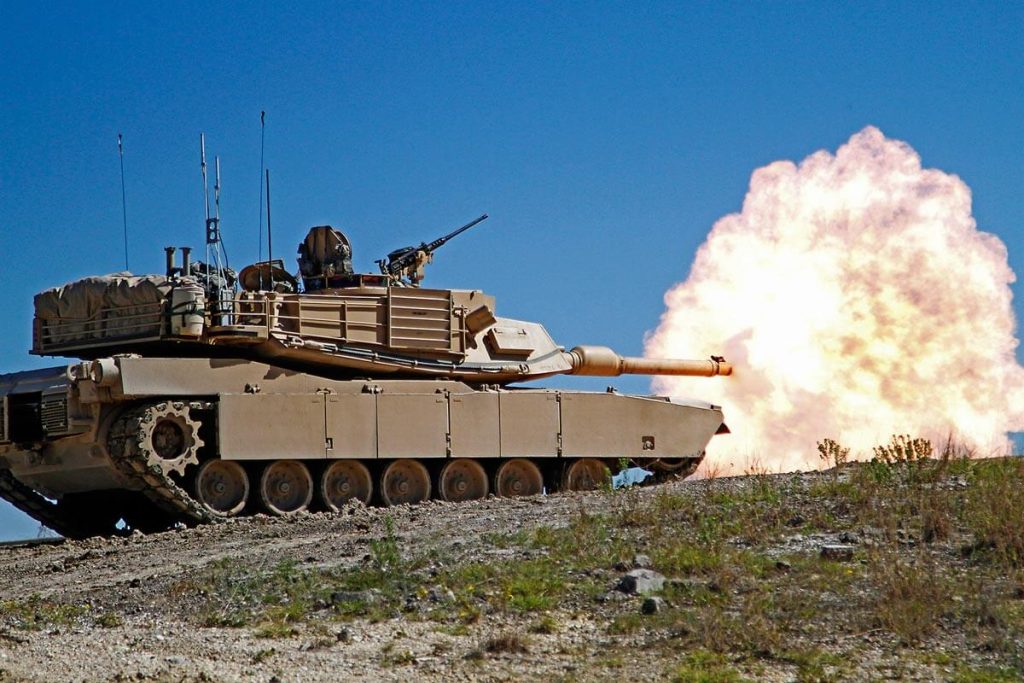TANKS FUTURES

by Ralph Berry
Tanks dominate all assessments of the Ukraine war. That is because the authorities want us to talk tanks, to the exclusion of all other topics. Tanks are in fact a variety of virtue-signalling: they spell out a simple message, the cause of Ukraine is righteous, its leader demands more and better tanks with all manner of support materiel and services, in sending them we confirm our own moral status. The hero of the British support system, Boris Johnson, travels yet again to Kiev to embrace Zelensky, and keep his vestigial political career alive. The Telegraph headline thunders its applause for the US and Germany in cracking, and agreeing to send the tanks that will bring Russia to kits knees.
‘HAMMER BLOW FOR PUTIN AS UKRAINE GETS TANKS’
As a long-term tank sceptic, and non-military observer, I beg to differ. Has the military establishment forgotten so soon the broadside that Lewis Page delivered on 29 May in the Telegraph?
UKRAINE BLOWS UP THE TANK SUPREMACY MYTH. This article, formidably well-informed, is most convincing on the limitations and costs of tanks. From his detailed argument I select one Shakespearean moment that gives all away:
‘Another British General, a recent Head of the Army, has told your correspondent that “you have to have a proper army, Lewis”.’
And there you have it. Britain needs more and better tanks to hold its head up among other tank-flaunting nations. It is a matter of prestige, military swollen into national.
Of course, the military establishment has not forgotten Lewis Page.
They were seriously disturbed, and their response was to talk up the Ukraine cause and its saviour, the promised German/US/UK tanks scheduled to arrive by April and the Spring offensives. Here is Colonel Hamish de Bretton-Gordon OBE, whom it is fair to regard as a vested interest. He is a former commander of the 1st Royal Tank Regiment. ‘Tanks need support to protect and supply them so that their weapons can be brought to bear on the enemy at a time and place of our choosing’. (Suppose the enemy chooses the place?) They are still ‘the most effective means for offensive warfare.’ But ‘what’s to come is still unsure’; the colonel’s future is tinged with doubt.
‘So, giving Challenger 2s to Ukraine is not tokenism: it could be a game-changer.’ Readers will not need to be warned that ‘game-changer’ is a salesman’s word. But the implications of ‘tank’ have to be explored.
The Press has played up the simple act of sending tanks to Ukraine, as though tanks were an end in themselves. They are not. Each tank will require spares and servicing, and trained personnel. It has to be carried to the battlefield by a variety of transports. Once there, the tanks have to be protected. This will require artillery in support, plus infantry. They need low-loaders for the taxi service to get to the workplace, and engineers to work the low-loaders. That’s not all. As soon as NATO agreed to send main battle tanks, the insatiable Zelensky demanded air cover including fighter jets, and Macron has promised to think about it. In the language of the sports pages, jet fighters for Ukraine is a big ask, with a European war on the near horizon. Tanks, in short, need a deal of cossetting. To send tanks into a serious offensive requires a whole army group. This seems a tall order, especially when you consider Page’s bull point:
‘You don’t need a tank to beat a tank.’
The imagination of tank warriors stays with Kursk, the greatest tank battle in history. The mastodons there, Tiger and Panther against T-34s, bit into each other on the Prokhorovka road in an encounter that decided the outcome of the war. Kursk is the foundation myth of tanks. It cannot happen again, however potent the myth.
The West will find polite excuses for withholding from Zelensky his heart’s desire, more tanks, more weaponry to fulfill a vaulting ambition that has small chance of coming to being. But the question remains of ever-steepling costs. The Republicans in the House of Representatives have already called time on further expansion of aid to Ukraine. What remains of the tank, that gift to arms manufacturers who also have a line in sophisticated anti-tank weaponry? They look for replacement orders for dead tanks, which may be fewer than anticipated. The audit of war is that tanks have been oversold and overpriced.
I think it not unlikely the tank’s future will be confined to museums and public statuary, like the railway engine in central Istanbul of the type that Lawrence blew up in 1917.